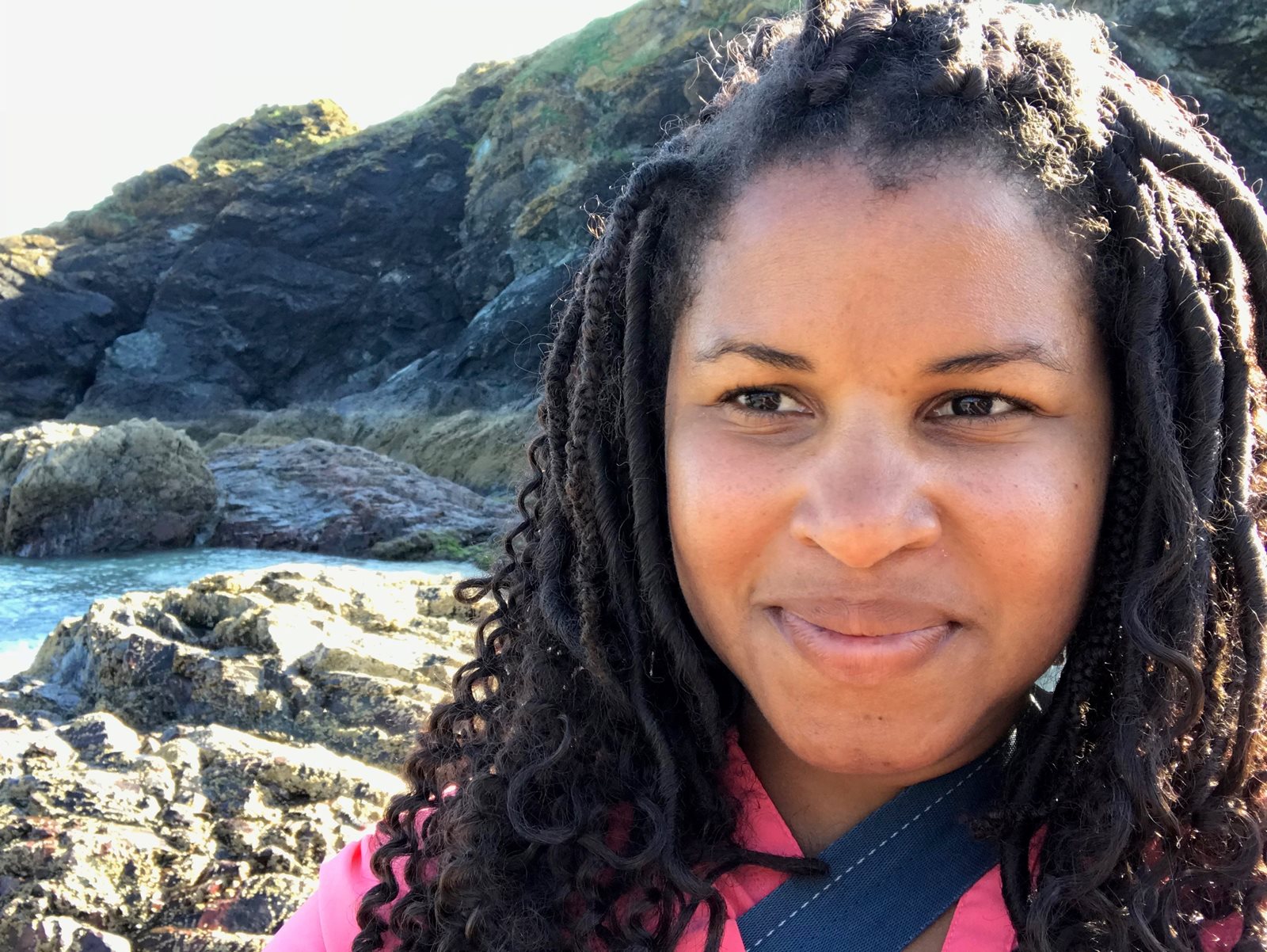Melanie Malone’s work highlighted as part of UW’s Urban Environmental Justice Initiative

IAS faculty member Melanie Malone is featured in a recent report from the UW Urban Environmental Justice Initiative. Regarding Malone, the report reads:
With a background in soil science and geology, Melanie Malone positions her work in the space of Critical Physical Geography, a theoretical framework that connects biophysical sciences to social sciences and spatial analysis. In her teaching and research, Malone’s technical experience in the environmental remediation of industrial and Superfund sites merges with a consideration of social justice and equity. She emphasizes that issues like racism and sexism are environmental problems, yet they remain excluded from standard environmental science education.
Some of her current work includes researching exposure to soil contamination at rest areas inhabited by unhoused communities, with an end goal of creating an Environmental Justice tool kit to support people in avoiding contamination. This work is supported by an Antipode Foundation Scholar-Activist Grant and in collaboration with Right 2 Survive in Portland, Oregon. Another project is a collaboration with urban gardens and P-Patches used by communities of color around Seattle to determine if soil in urban settings is indeed safe enough for growing food crops.
In classes, Malone introduces students to social theories that specifically speak to Environmental Justice while also training them in the scientific methods required to respond to problems.
